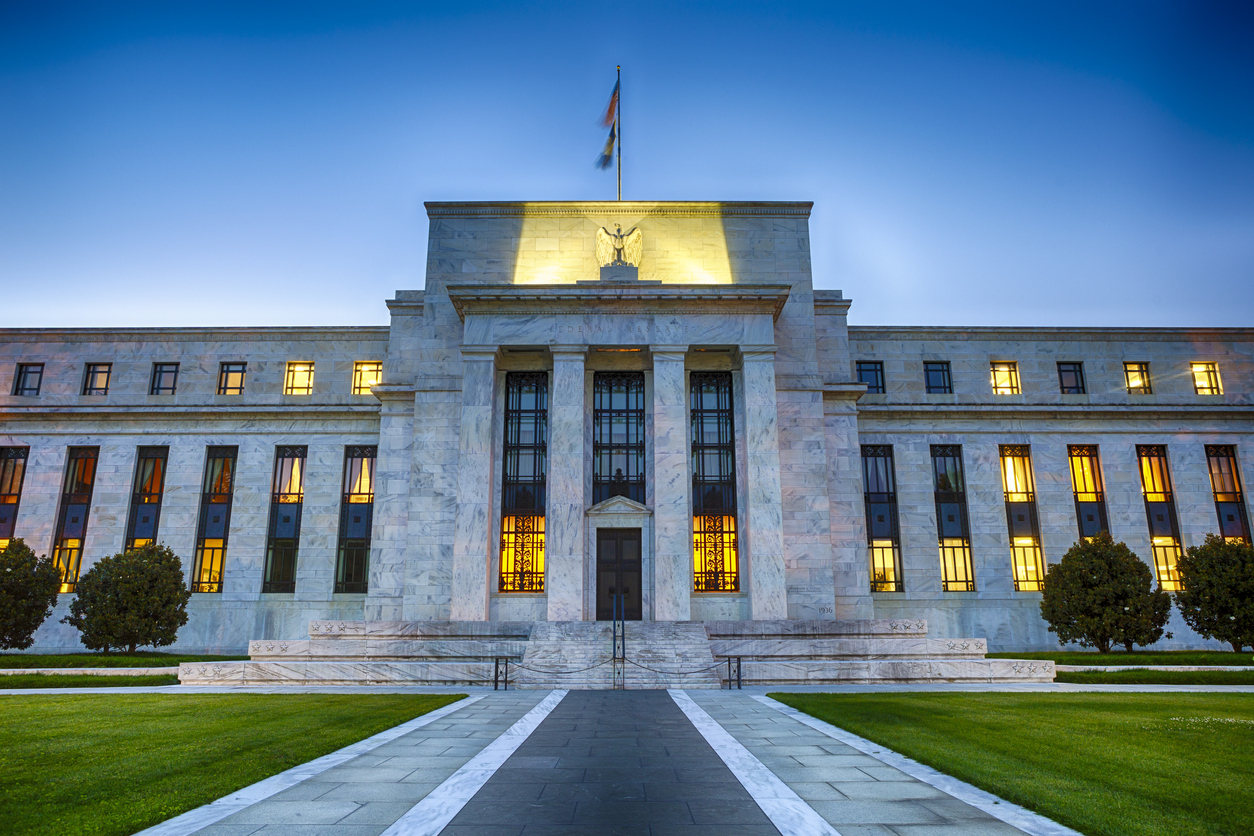
Former Fed Chairman and current Treasury Secretary Janet Yellen was a guest at the New York Times Digital Conference, during which she spoke about the administration’s intentions regarding taxes, bonds, and how it could be non-Bitcoin. The Treasury Secretary warned investors and the public about the dangers of Bitcoin, and surprised when it reported the US interest in issuing a government digital dollar. After breaking records day after day and crossing the $ 58,000 mark, Bitcoin fell below $ 50,000 tonight, and is now recovering and trading at a level of about $ 52,000.
“I do not think Bitcoin will be widely used for transactions,” Yellen said. ‘If it’s used now, I’m afraid it’s mostly for the purpose of funding illegal activity. It’s not an efficient way to make transactions, the time and amount of energy consumed in processing such transactions is amazing, “Yellen added. Execution of transactions and coin production process, Bitcoin mining, which requires users to solve complex mathematical equations using powerful computers, Require a lot of energy.
How many?
According to Digiconomist data, the electricity consumption used in the mining process leaves a carbon footprint (total greenhouse gas emissions) equal to that of New Zealand, and that the total Bitcoin network pollutes similarly to all of Syria. One transaction requires a huge amount of energy equal to the amount of energy an average U.S. household consumes in 18 days. The amount of electricity consumed by all the Bitcoin miners in the network is equal to about 57 billion kWh per year, we consume about 58 kWh per year in Israel.
“This is a very speculative asset, and I think people should be aware of its extreme volatility. I’m worried about potential losses that would cause investors suffering,” Yellen concluded. The finance minister went on to present the expected taxation policy, saying incoming President Joe Biden supports raising corporate taxes. The administration wants to raise the tax to 28%, but it should be remembered that on the eve of Trump’s election, the corporate tax rate was 35%. Yellen added that the administration was considering raising the capital gains tax, especially for the “richer”, and ruled out an option to issue a 100-year government bond.
The administration is examining the viability of the digital dollar
In contrast to her predecessor, Stephen Manuchin, Yellen expressed interest in the digital dollar, noting that the Biden administration supports the study of the viability of the futuristic dollar. According to her, a digital version of the dollar can help deal with obstacles to the financial economy by allowing access to the banking system for underprivileged populations. “Most Americans do not have access to payment systems and bank accounts. I think this is something that a digital dollar, a digital currency of the central bank, can help,” he added, adding that “it can enable faster, safer and cheaper payments, these are important goals.”
However, questions must first be discussed as to how these currencies will affect traditional bank deposits, financial stability, consumer privacy protection, prohibited transactions and currency security. Today, a number of countries have already issued their own sovereign currency, including Venezuela, Lithuania, and Senegal – mainly countries with a currency that suffers from inflation. However a significant number of developing countries are considering the use of the currency, with the leader being China which has already started piloting the digital yuan.
Digital currency of central banks (MDBM), what is it?
Do not rush to spend money and look for speculative investment in government currencies, Bitcoin is just the opposite, a separate financial system that is not controlled by central banks and governments. The UAV is expected to play an important role in the modern economy, but unlike cryptocurrencies it is not expected to rely on open source, this will hurt the power of the currency issuer, the government. The digital currency will help with distributed registration technologies such as the blockchain.
The MDA is expected to be a kind of “software” run by the central bank, which will be used by the financial system and the entire public. Even so, most of the money is digital, so the customer at the end will not feel a significant change, but a wider range of means of payment similar to Beat and Pepper. Indeed, the digital currency will enable the central bank to have better control over money, thus conducting monetary policy more effectively, alongside the entry of technological banking and competition in the financial industry.